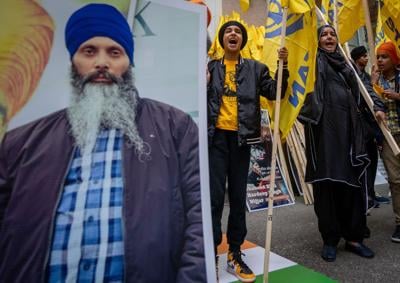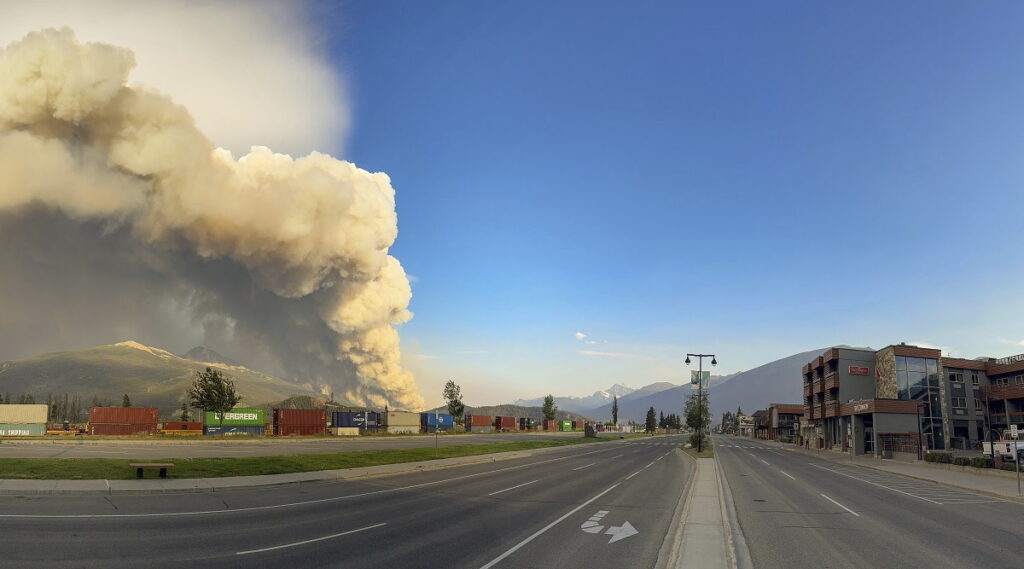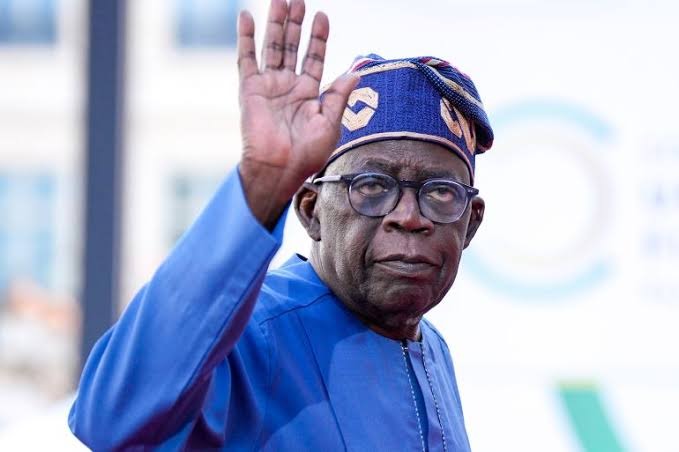Three Indian nationals have been apprehended and indicted in connection with the assassination of a Sikh separatist leader in Canada. Hardeep Singh Nijjar, 45, was fatally shot by masked assailants in a bustling car park in a Vancouver suburb last June.
The situation led to a significant diplomatic dispute between Canada and India, with Prime Minister Justin Trudeau suggesting potential involvement of the Indian government. However, Delhi vehemently refuted these claims.
Superintendent Mandeep Mooker announced on Friday the arrest of three suspects in connection with the assassination. The individuals, identified as Karan Brar, 22, Kamal Preet Singh, 22, and 28-year-old Karan Preet Singh, were apprehended in Edmonton, Alberta, where they had been residing. According to court records, they are facing charges of first-degree murder and conspiracy to commit murder.
All three suspects had been living in Canada for a span of three to five years, according to police reports. Additionally, investigations are ongoing, including inquiries into potential links to the government of India. Assistant Commissioner David Teboul emphasized that separate investigations are being conducted into these matters, not limited to the involvement of the individuals arrested.
Collaboration between investigators in Canada and their counterparts in India has been described as “rather difficult and rather challenging” over the past several years, authorities revealed. Despite this, efforts are ongoing to uncover any potential links to individuals or entities beyond those already apprehended. Police indicated that there may be additional individuals involved in the assassination, suggesting the possibility of further arrests or charges in the future.
Hardeep Singh Nijjar, the slain individual, was a prominent figure in the Sikh separatist movement, advocating for the establishment of Khalistan—an independent Sikh homeland within the Punjab region of India. The movement traces its roots back to the 1970s when Sikhs initiated a separatist insurgency, resulting in numerous casualties before its suppression in the subsequent decade. While the movement has waned in India, it has found resonance primarily in nations with substantial Sikh communities.



























